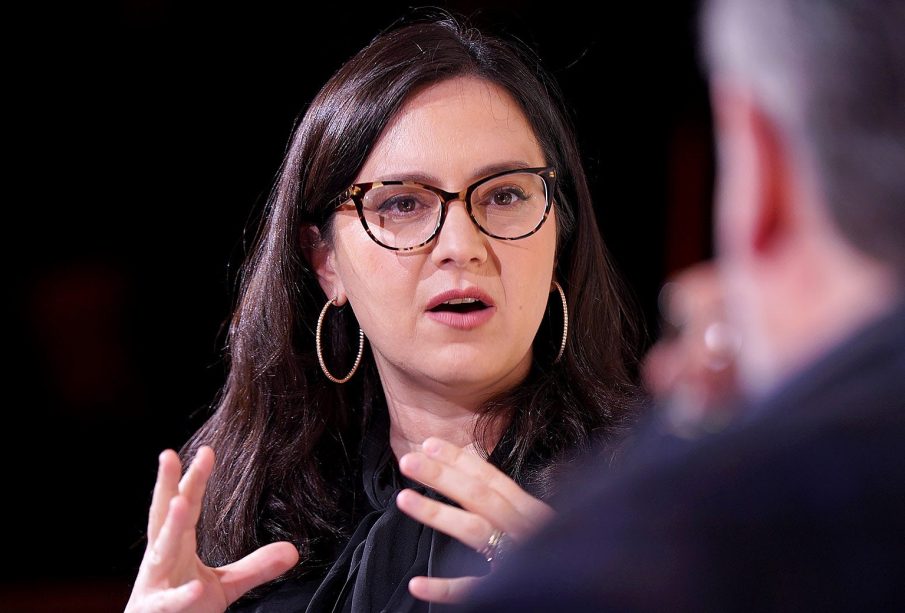Understanding Bari Weiss and Her Influence on Modern Discourse

Introduction
Bari Weiss is a significant figure in contemporary journalism and cultural criticism, having gained prominence for her views on free speech, identity politics, and cultural debates. As a former opinion editor at The New York Times and a current independent writer, Weiss has sparked discussions that resonate with a broad audience, making her a central figure in the ongoing conversation about media biases and the limits of expression.
Background and Career
Bari Weiss was born in 1984 in Pittsburgh, Pennsylvania, and she graduated from Columbia University. Early in her career, she was involved with various publications, including The Wall Street Journal and The Atlantic. However, it was during her time at The New York Times that she became a household name, particularly after her resignation in 2020, which highlighted the internal conflicts around editorial independence and free speech within the publication.
Key Themes and Controversies
Weiss’s writings often focus on themes of enlightenment values, criticism of political correctness, and the importance of civil discourse. She has expressed concerns over what she perceives as a culture of censorship and the ramifications it has on society’s ability to engage in meaningful dialogue. Her book, “How to Fight Anti-Semitism,” published in 2019, illustrates her commitment to addressing anti-Semitic sentiments while advocating for a broader understanding of cultural issues.
Moreover, Weiss’s departure from The New York Times was met with considerable media coverage and debate, as she claimed that her editorial decisions were stifled by internal pressure from colleagues. This incident amplified discussions about cancel culture and the role of media in shaping public opinion, positioning her as a key player in these ongoing cultural conflicts.
Recent Developments
In recent months, Weiss has continued to engage with her audience through her Substack newsletter, “Common Sense,” where she explores various topics related to culture, politics, and social issues. She has hosted podcasts and been a vocal participant in discussions around the Jewish community and other marginalized groups, advocating for open dialogue and understanding.
Conclusion
Bari Weiss remains a polarizing figure, with supporters heralding her as a defender of free speech and critics accusing her of stoking division. Regardless, her impact on public discourse is undeniable, as she encourages audiences to confront difficult topics and engage in civil discussions. As debates over free speech and cultural identity continue, Weiss’s voice and perspectives will likely remain influential in shaping the future of media and public conversation.









